A History of Experimentation in Knowledge and Media
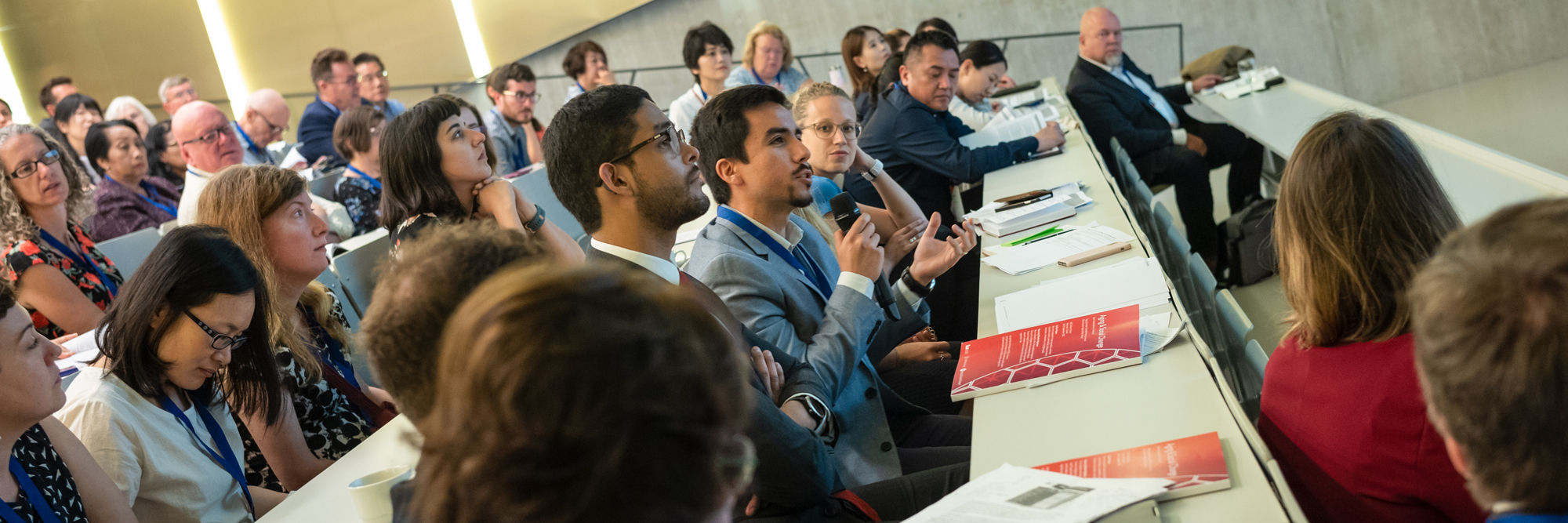

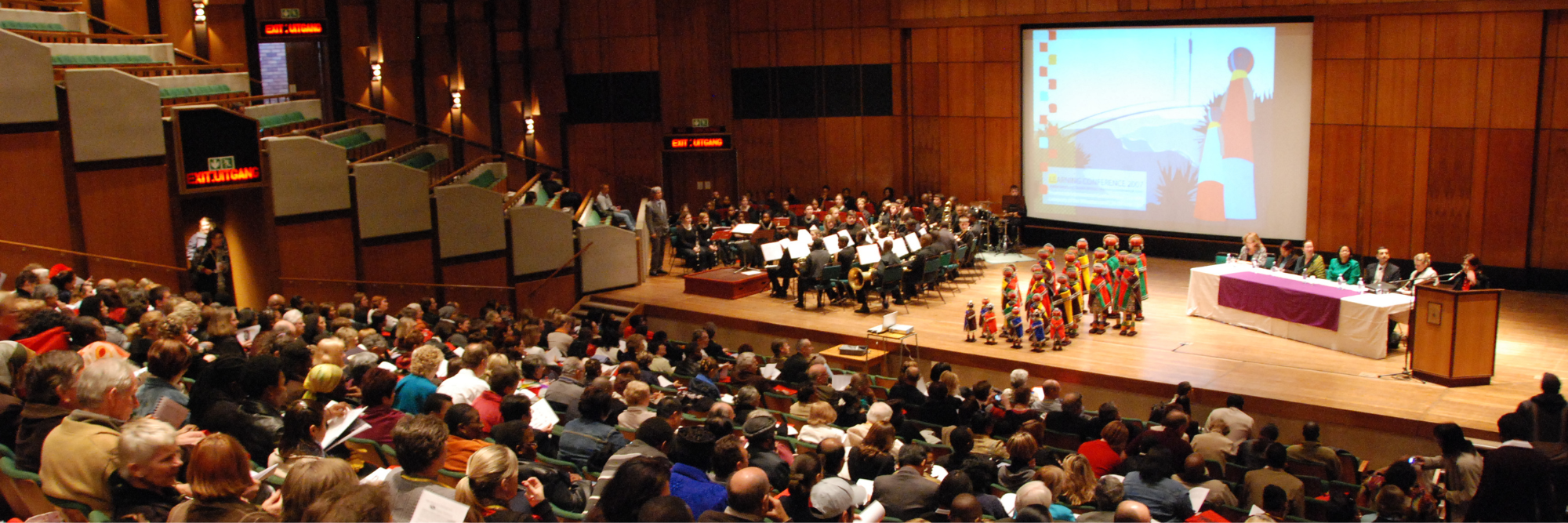

Common Ground began in a converted horse stable behind the home of founders Bill Cope and Mary Kalantzis, where a small printing press became the heart of a new kind of educational publishing. Their Social Literacy Project, developed under Australia’s Multicultural Education Program, produced more than twenty experimental books for schools. The project explored how literacy, culture, and technology intertwine—how the tools we use shape the meanings we make. By the late 1980s, these experiments in communication evolved into conversation. The first Common Ground Conference was held in 1989 at the University of Technology Sydney, bringing together educators and researchers who believed that literacy could be both a practice and a social movement. Those early years also marked the beginning of our long relationship with emerging media: from the Apple II and daisywheel printer to a four-color press, each new tool expanded the ways in which meaning could be made and shared.
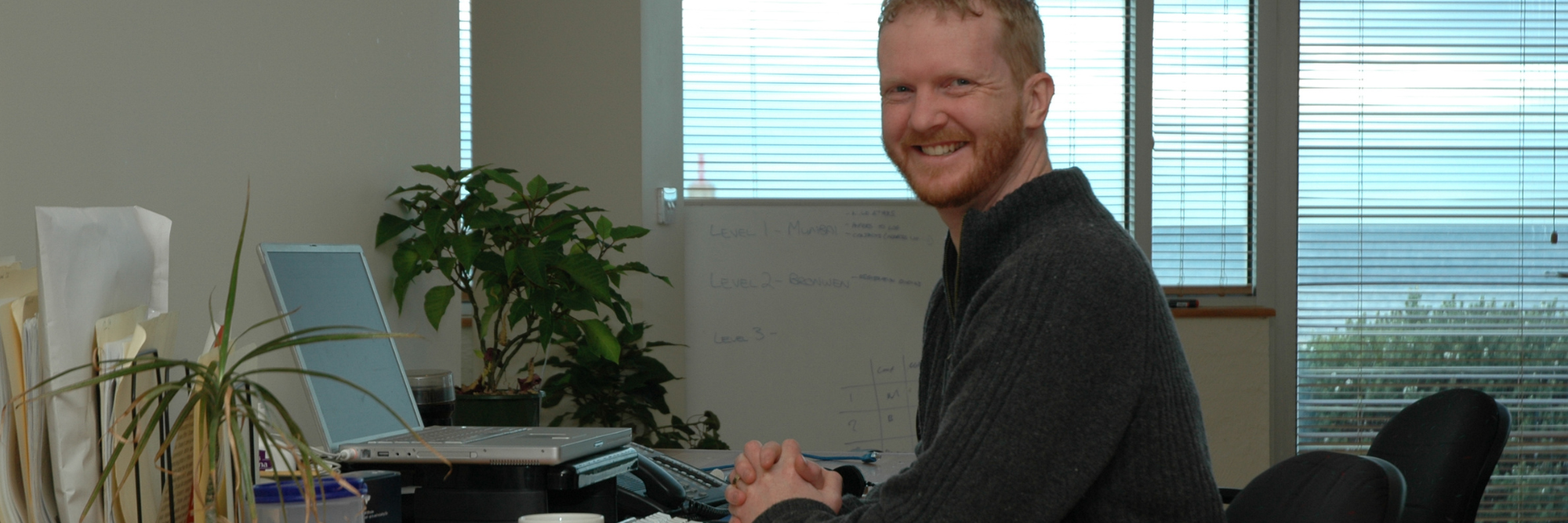
As digital technology began transforming communication, Common Ground moved into new territory—both literally and conceptually. From a semicircular office overlooking Port Phillip Bay in Melbourne, Australia, we launched our first web publishing systems: CGPublisher 1 and CGPublisher 2. These platforms introduced self-maintainable author pages and early forms of semantic publishing—years before social networking became mainstream. This was also the period of Learning by Design, a landmark project that reimagined digital pedagogy and applied publishing tools to the future of education. Supported by the Australian Department of Industry, we learned that technology could not only distribute knowledge—it could also help shape how learning itself takes place.
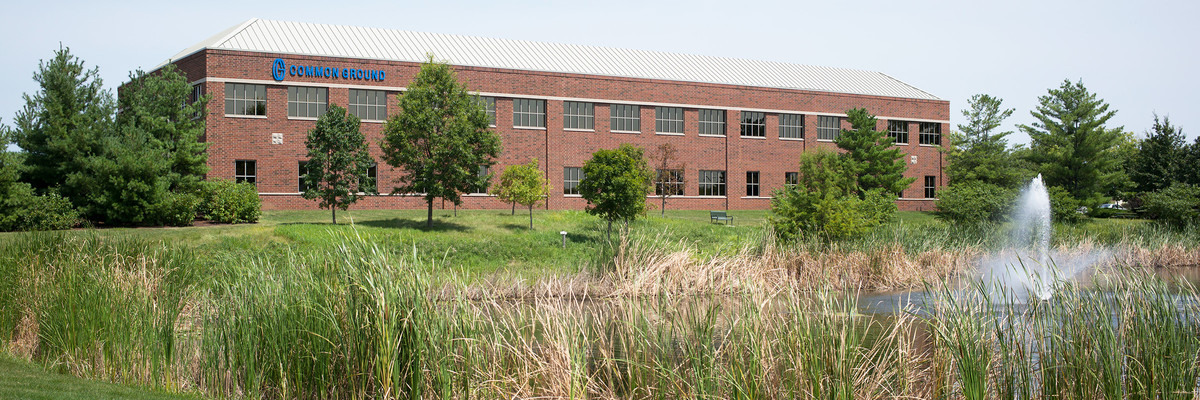
In 2007, Common Ground relocated to the University of Illinois Research Park, anchoring our international expansion within a major center of innovation. By this time, our conferences spanned six continents and our proceedings had grown into a collection of peer-reviewed journals. Plenary speakers such as Jack Goody, Gayatri Chakravorty Spivak, Juliet Mitchell, Graça Machel, and Tariq Ali helped shape global dialogues on knowledge, society, and culture. This was also the birth of CGScholar—a social knowledge platform developed with support from the Institute of Education Sciences (U.S. Department of Education) and the Bill and Melinda Gates Foundation. CGScholar became both a publishing ecosystem and a learning space, uniting writers, educators, and researchers in an interactive web environment.
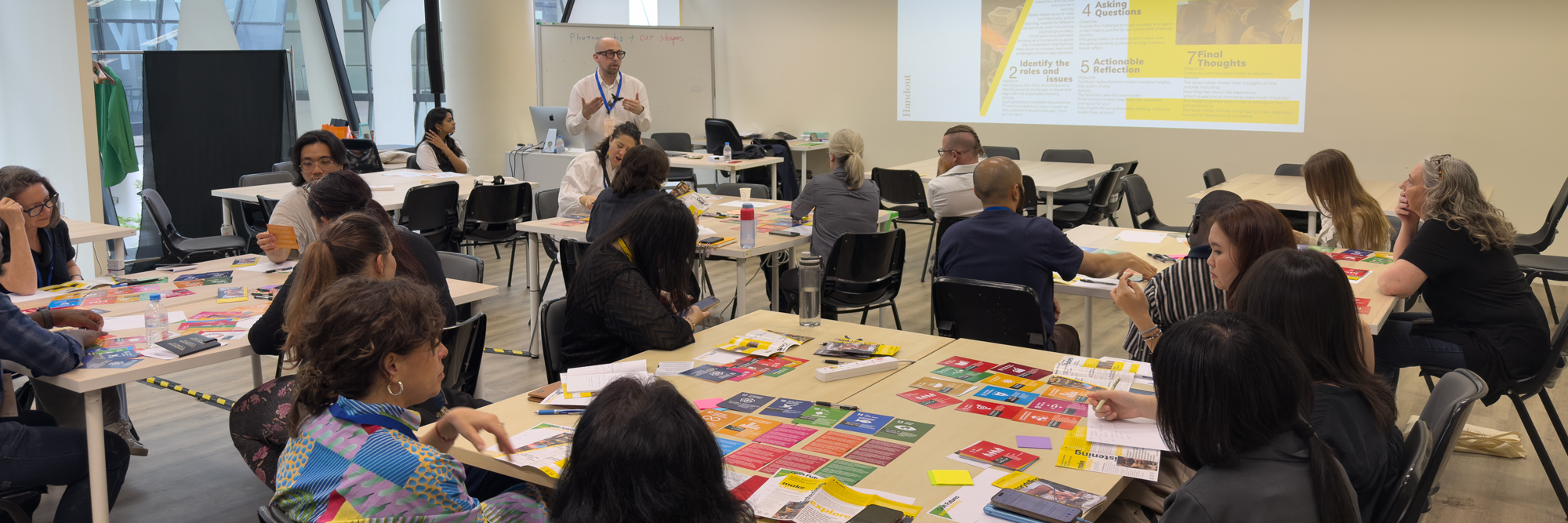
In 2016, under the leadership of Phillip Kalantzis-Cope and Tamsyn Gilbert, Common Ground entered a new phase of development, formally becoming a not-for-profit organization: Common Ground Research Networks. This transformation represented both continuity and renewal—sustaining the founders’ vision while establishing a structure fit for a new generation of scholars. During this period, José Luis Ortega Martín of the University of Granada played a central role in expanding Common Ground’s presence across the Spanish-speaking world, leading the development of Spanish-language research networks and journals. These initiatives deepened our global engagement and reaffirmed our commitment to multilingual and inclusive scholarship. At the same time, we strengthened our focus on technology as a catalyst for social knowledge-building, integrating AI-assisted analytics and community feedback systems to recognize and credit collaborative contributions within our networks.
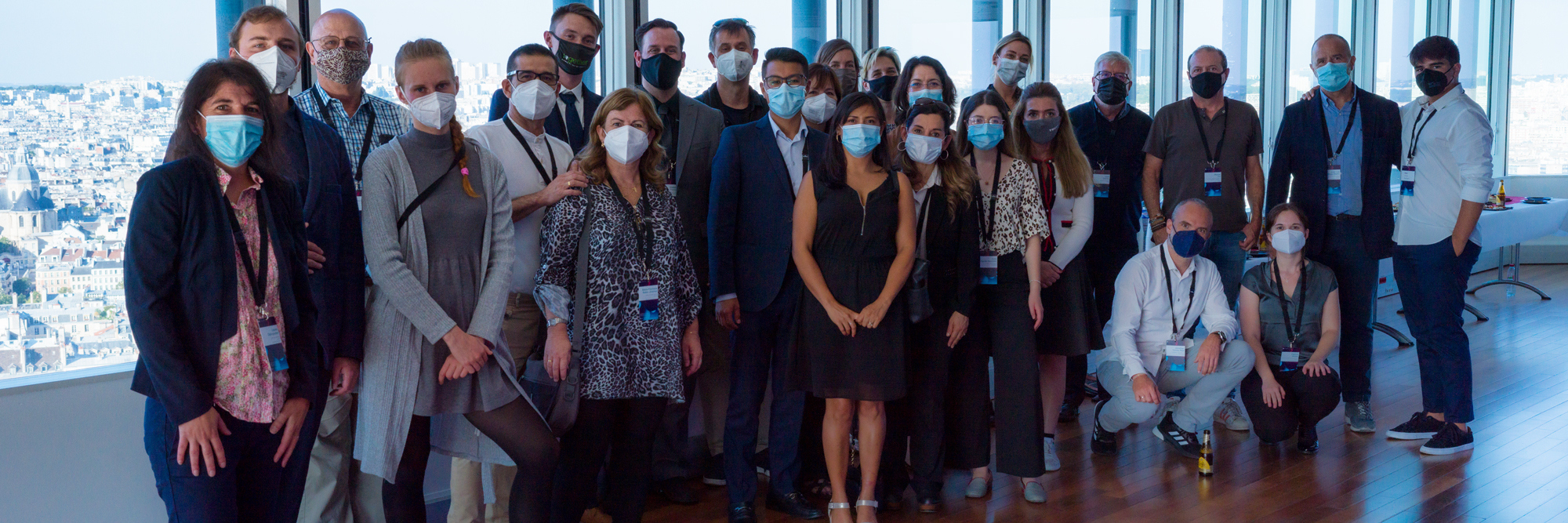
The global pandemic redefined what it meant to meet and share ideas. For Common Ground, it became an opportunity to fully reimagine the academic conference—not as a temporary workaround, but as a more inclusive and enduring model. We developed blended conferences that merged in-person and asynchronous participation, hosted within digital microsites that preserved every presentation, discussion, and exchange. Delegates could engage across time zones, revisit sessions, and build new collaborations long after the event ended. This innovation turned each conference into a lasting digital archive—a shared legacy of inquiry.
Launched in 2027, CGScholar KX represents the culmination of four decades of experimentation at the intersection of communication, community, and cognition. It redefines scholarly publishing and learning as a single, human-centered ecosystem—what we call the Knowledge Experience. In KX, knowledge becomes not a static record but a living process: collective, adaptive, and creative. It extends our founding ideals of accessibility and participation into a digital age defined by artificial intelligence and ethical innovation. Here, the infrastructures of scholarship evolve into open, resilient, and human-centered networks—spaces where the act of knowing itself is a shared work of imagination.